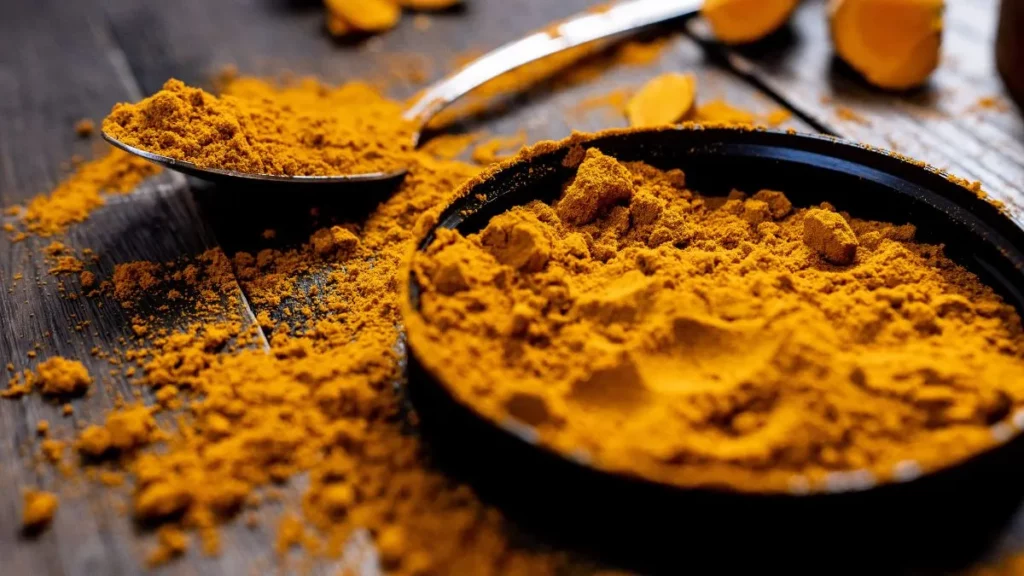
Taking daily turmeric pills in march after seeing a doctor on instagram tout its benefits for inflammation and joint pain relief. However, it lead to liver damage and increased her liver enzymes 60 times the normal level. Read on to know how excess turmeric impacts your health.
A woman in the United States was hospitalised after she developed liver toxicity. The 57-year-old woman said that she had been taking turmeric supplements which increased her liver enzymes 60 times the normal level. According to a report in NBC News, Katie Mohan, started taking daily turmeric pills in March after seeing a doctor on Instagram tout its benefits for inflammation and joint pain relief.
However, a few weeks later, she started to have stomach pain, nausea and fatigue, She said, “I just did not feel well generally. I also noticed that despite drinking a lot of water every day, that my urine was darker.”
She then came across a report in May on the growing rates of liver damage from herbal supplements. She said, “A light bulb went off in my head and I said, Oh, my gosh! I wonder if this is what’s wrong with me.”
She then went to urgent care, where her blood work showed liver enzyme levels about 60 times the normal limit. She was admitted to a local New Jersey hospital and then transferred to NYU Langone in New York City. Dr. Nikolaos Pyrsopoulos, a hepatologist at NYU said, “It was very serious. Katie actually was one step before full liver damage, liver failure, requiring liver transplant.”
Mohan was hospitalized for six days and after close monitoring and treatment with an IV medication, her liver was able to regenerate.
How much of turmeric should to take daily?
While there is no clear guidelines in the United States about how much turmeric is safe to consume, the World Health Organisation says that an acceptable daily dose is 0-3 mg per kilogram of body weight.
For a woman weighing 68 kg, that would be about 200 mg of turmeric daily.
How does excess turmeric impact your health?
Digestive Issues: While turmeric help in digestion in moderate amounts, excessive consumption can cause stomach upset, bloating, and acid reflux. Curcumin, the active compound, stimulates gastric acid production, which can irritate the stomach lining
Risk of Kidney Stones: Turmeric is high in oxalates, which can bind with calcium and form insoluble crystals. Over time, this increases the risk of kidney stone formation.
Blood Thinning and Bleeding Risk: Curcumin has natural blood-thinning properties. Excessive intake may enhance this effect, increasing the risk of bleeding or bruising.
Liver Function Concerns: Although turmeric is often praised for supporting liver health, high doses over prolonged periods can stress the liver or lead to toxicity in rare cases. Some studies have shown that over-supplementation can cause elevate liver enzymes, which is a marker of liver damage.
Disclaimer: Tips and suggestions mentioned in the article are for general information purposes only and should not be construed as professional medical advice. Always consult your doctor or a dietician before starting any fitness programme or making any changes to your diet.